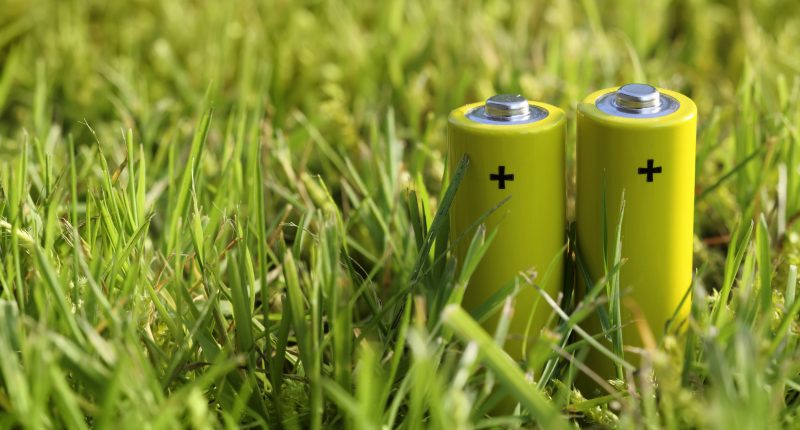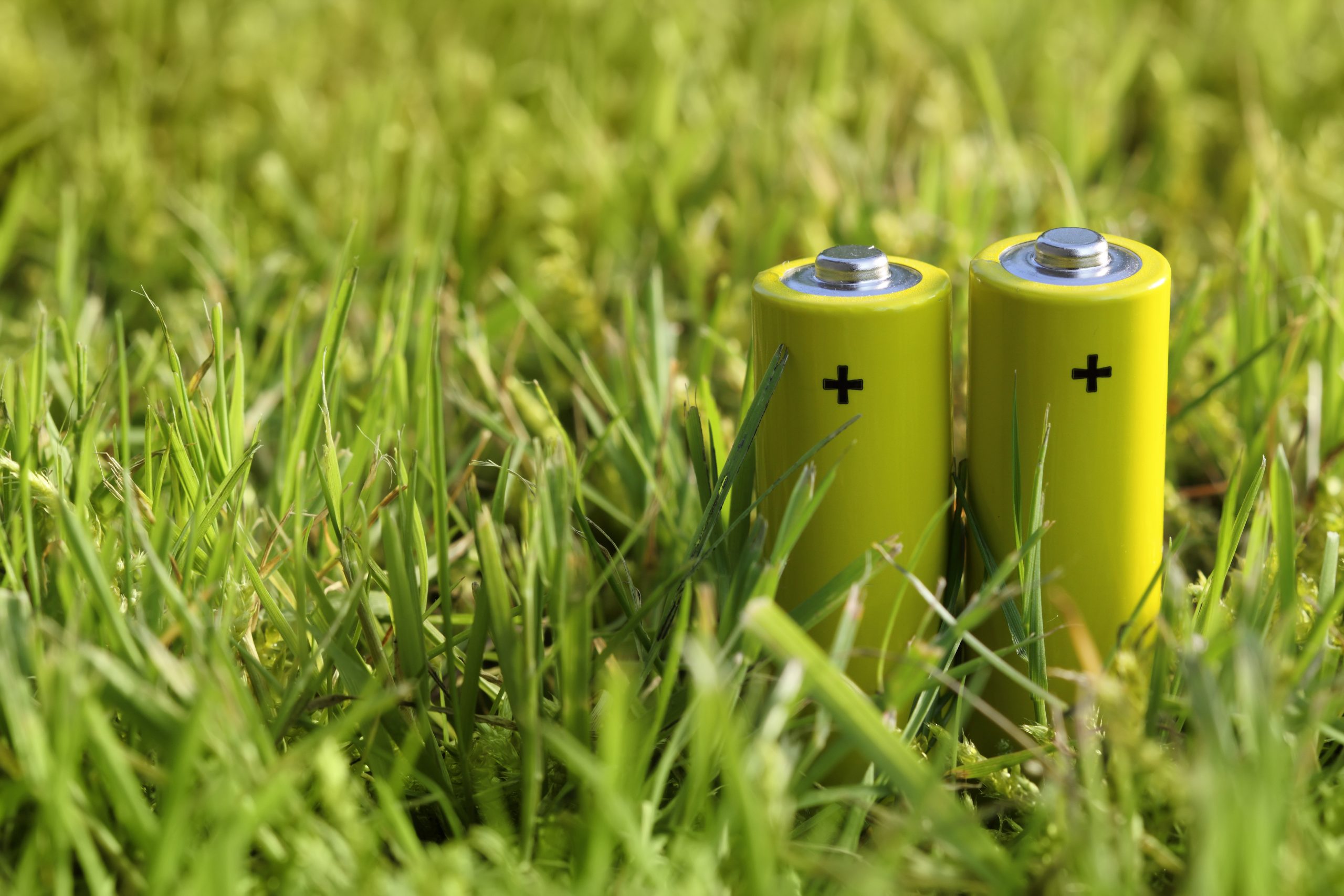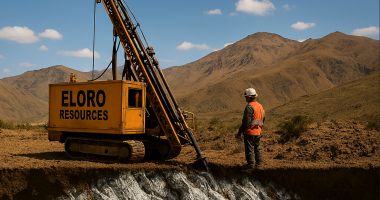- U3O8 Corp. (UWE.H) reports a positive start to retooling its battery commodities – Uranium Project – the Berlin Deposit
- An initial study of the feasibility of membrane separation technology is likely to simplify the extraction of metals and phosphate from this multi-commodity deposit
- Modelling shows that the metal- and phosphate-bearing solution that would be generated by leaching the mineralized rock from the Berlin Deposit is amenable
- The initial study on membrane separation of the Berlin PLS indicates the potential to recover a suite of products apt for the critical metals and battery markets
- U3O8 Corp. (UWE.H) is in the grey, trading at $0.22 at 10:19 am ET
U3O8 Corp. (UWE.H) notes a positive start to studies designed to improve the bottom line of its Berlin Project.
An initial study of the feasibility of membrane separation technology to enhance the economics of the project indicates that membrane separation is likely to simplify the extraction of metals and phosphate from this multi-commodity deposit.
Dr. Richard Spencer, U3O8 Corp.’s President and CEO commented, “We are highly encouraged by the results of the first stage of work on the membrane separation process, a technology which has the potential to significantly improve the economics of the Berlin Deposit by reducing the size of the processing plant.”
Modelling shows that the metal- and phosphate-bearing solution that would be generated by leaching the mineralized rock from the Berlin Deposit is amenable to treatment by membrane separation.
Including membranes in the treatment of the pregnant liquor solution would result in the concentration of the value metals into only 15 per cent of the leach solution volume originally used in the design of the process plant in the preliminary economic assessment.
The implication of this large reduction in flow rate is that the equipment used to process the leach solution could be downsized to potentially 15 per cent of the size used in the PEA, resulting in a significant capital cost saving.
The initial study on membrane separation of the Berlin PLS indicates the potential to recover a suite of products apt for the critical metals and battery markets. This will be reported on shortly.
The next step is to perform membrane separation tests using a synthetic PLS of the approximate composition of the PLS derived from extensive metallurgical testing that has already been done on the Berlin Deposit.
The aim of the planned test work is to use a series of selected membranes to quantify membrane separation performance in more detail.
Assuming that those tests are positive, the membrane separation test work would shift to a PLS derived from the leaching of larger samples from the Berlin Deposit using the membranes that proved optimal in the tests on the synthetic PLS.
The Berlin Deposit in central Colombia consists of a layer of phosphate rock in a layered sedimentary sequence that contains an unusual mix of metals including uranium, nickel, vanadium, molybdenum, manganese, zinc and rare earth elements.
U3O8 Corp. (UWE.H) is in the grey, trading at $0.22 at 10:19 am ET.





